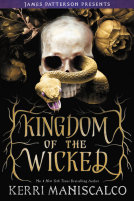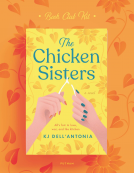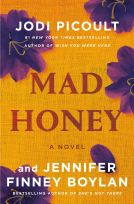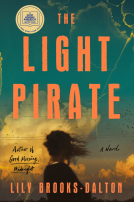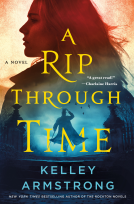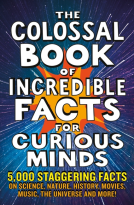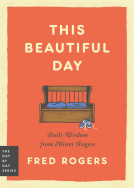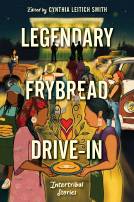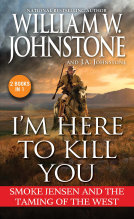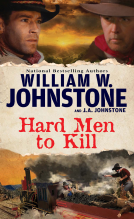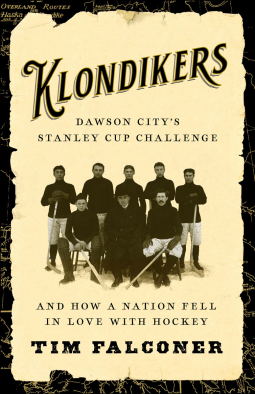
Klondikers
Dawson City's Stanley Cup Challenge and How a Nation Fell in Love with Hockey
by Tim Falconer
This title was previously available on NetGalley and is now archived.
Send NetGalley books directly to your Kindle or Kindle app
1
To read on a Kindle or Kindle app, please add kindle@netgalley.com as an approved email address to receive files in your Amazon account. Click here for step-by-step instructions.
2
Also find your Kindle email address within your Amazon account, and enter it here.
Pub Date Oct 05 2021 | Archive Date Jul 05 2021
Talking about this book? Use #Klondikers #NetGalley. More hashtag tips!
Description
Join a ragtag group of misfits from Dawson City as they scrap to become the 1905 Stanley Cup champions and cement hockey as Canada’s national pastime
An underdog hockey team traveled for three and a half weeks from Dawson City to Ottawa to play for the Stanley Cup in 1905. The Klondikers’ eagerness to make the journey, and the public’s enthusiastic response, revealed just how deeply, and how quickly, Canadians had fallen in love with hockey.
After Governor General Stanley donated a championship trophy in 1893, new rinks appeared in big cities and small towns, leading to more players, teams, and leagues. And more fans. When Montreal challenged Winnipeg for the Cup in December 1896, supporters in both cities followed the play-by-play via telegraph updates.
As the country escaped the Victorian era and entered a promising new century, a different nation was emerging. Canadians fell for hockey amid industrialization, urbanization, and shifting social and cultural attitudes. Class and race-based British ideals of amateurism attempted to fend off a more egalitarian professionalism.
Ottawa star Weldy Young moved to the Yukon in 1899, and within a year was talking about a Cup challenge. With the help of Klondike businessman Joe Boyle, it finally happened six years later. Ottawa pounded the exhausted visitors, with “One-Eyed” Frank McGee scoring an astonishing 14 goals in one game. But there was no doubt hockey was now the national pastime.
Available Editions
| EDITION | Other Format |
| ISBN | 9781770416079 |
| PRICE | $19.95 (USD) |
Featured Reviews
 Leslie F, Reviewer
Leslie F, Reviewer
How could you not love this book! If you are Canadian, you likely have some knowledge of the hockey universe. This book is the story of how hockey became Canada's beloved pastime.
It begins with a group of untrained hockey players from Dawson City, who travelled for three and a half weeks to play for a championship in Ottawa. This captured the hearts and minds of people, and it started the whole hockey religion.
The information was well researched, and the minutiae is fascination., the story just so well written. Even if you aren't a hockey person, you would love this book.
Thank you to NetGalley for providing a copy of this book in exchange for my unpaid, honest review.
While many sports books, no matter the sport, do combine history, social events of the time and even national pride while discussing a particular event in the sport's history, this book about a hockey team from the Yukon competing for hockey's most prized trophy, the Stanley Cup, is a masterful combination of all these subjects.
Tim Falconer takes the story of a rag-tag hockey team from Dawson City and follows them not only on their journey to Ottawa to take on the defending Cup champions, but also provides readers with excellent information on the Klondike gold rush that resulted in the formation of Dawson City. He also paints a very good picture of both the social situation in Canada as they were emerging into the 20th century and becoming less influenced by Victorian-era norms.
Not only Canadian history is portrayed in the book – two excellent hockey history subjects are discussed as well. Readers who may not be familiar with either the origin of the Stanley Cup or how the early version of the sport was even rougher than it is today will enjoy learning more about hockey in the early 1900's.
The person most important in the transformation of the Stanley Cup to become hockey's most holy grail, P.D. Ross, is portrayed extensively here as well as Weldy Young, who was the player who was most responsible for the success of Dawson's team and made them believe that their amateur team could compete for the Cup. At the time, amateur teams, not professional, were competing for the trophy as Dawson competed with Ottawa about 15 years before the creation of the NHL and one of the more stubborn Victorian-era traditions still in vogue was the purity of amateurism. While not explicitly stated by Falconer, it was clear that this was still the belief in the country and professional players would somehow taint this image. That quickly came to pass, but the nation's fascination with the voyage that Dawson took to play those two games was clearly a nod to the amateur status.
Unfortunately for Dawson, the weeks-long journey caught up to them and their lack of conditioning resulted in an easy victory for Ottawa. Nonethless, the entire nation was captivated by the Klondikers and this story is part of the legacy of how hockey became the national sport for Canada. Even after the tourney, Dawson played more games in the east and Maritimes, some with great attendance, in order to not only raise funds for the trip back but also to allow the fans who followed them to see them play.
No matter which aspect of the Klondikers' interests a reader, they are sure to be pleased with this book. It is detailed and will have to be read carefully to fully appreciate all the information, but when all is said and done, this book is well worth the significant amount of time required to invest in it.
I wish to thank ECW Press for providing a copy of the book in exchange for an honest review.
Readers who liked this book also liked:
L.M. Montgomery, Crystal S. Chan, Kuma Chan
Children's Fiction, Comics, Graphic Novels, Manga, Teens & YA
Jodi Picoult; Jennifer Finney Boylan
General Fiction (Adult), Literary Fiction, Women's Fiction
Nigel Henbest; Simon Brew; Sarah Tomley; Ken Okona-Mensah; Tom Parfitt; Trevor Davies; Chas Newkey-Burden
Entertainment & Pop Culture, Humor & Satire, Nonfiction (Adult)
John Galsworthy, Shaun McKenna, Lin Coghlan
Entertainment & Pop Culture, Literary Fiction, Romance
Cynthia Leitich Smith; Kate Hart; Eric Gansworth; Marcella Bell; Darcie Little Badger; Karina Iceberg; Kaua Mahoe Adams; Andrea L. Rogers; Cheryl Isaacs; Christine Hartman Derr; Brian Young; K. A. Cobell; Jen Ferguson; A. J. Eversole; Byron Graves; Angeline Boulley; David A. Robertson
Children's Fiction, Multicultural Interest, Teens & YA
William W. Johnstone; J.A. Johnstone
General Fiction (Adult), Historical Fiction
